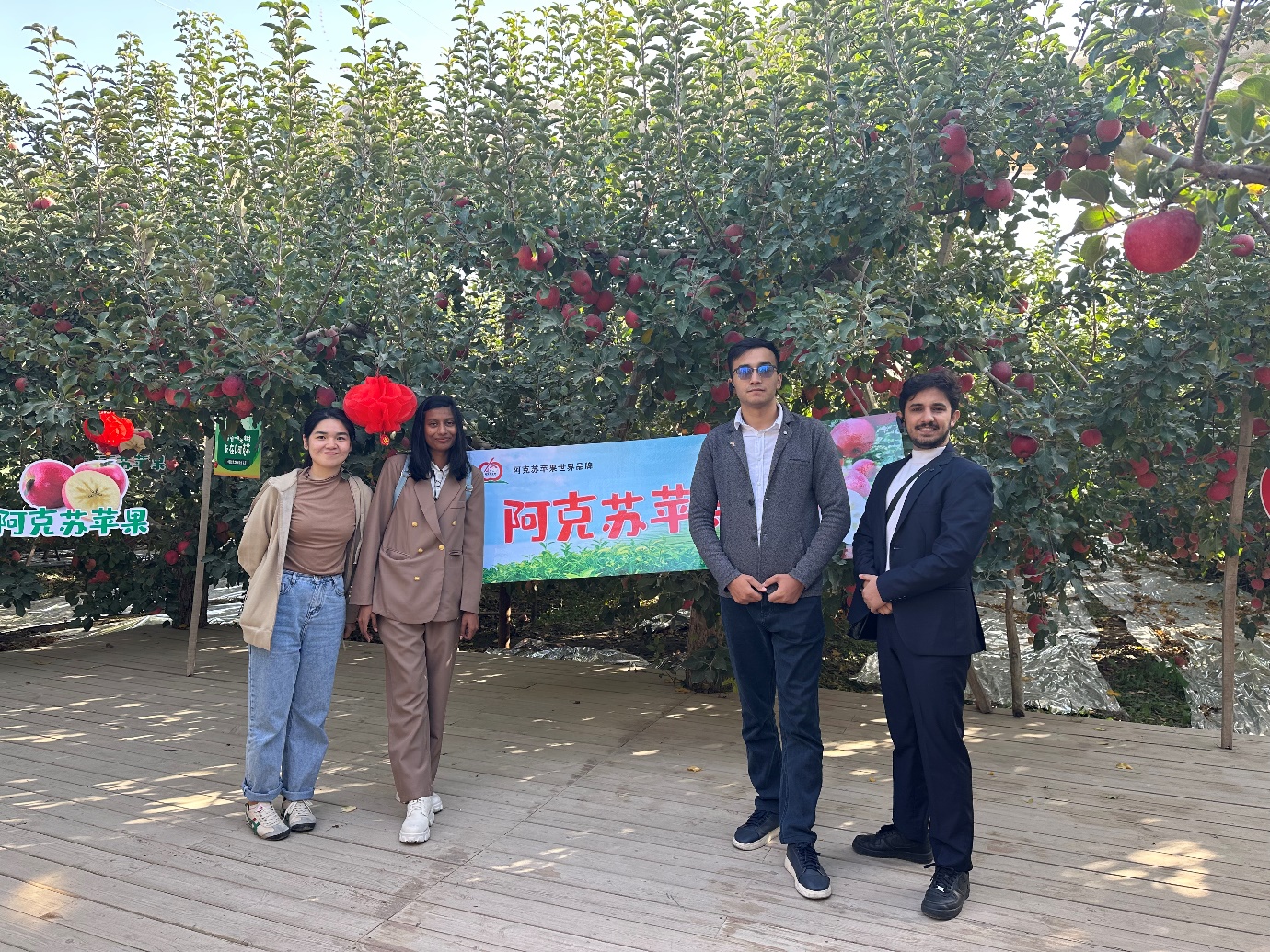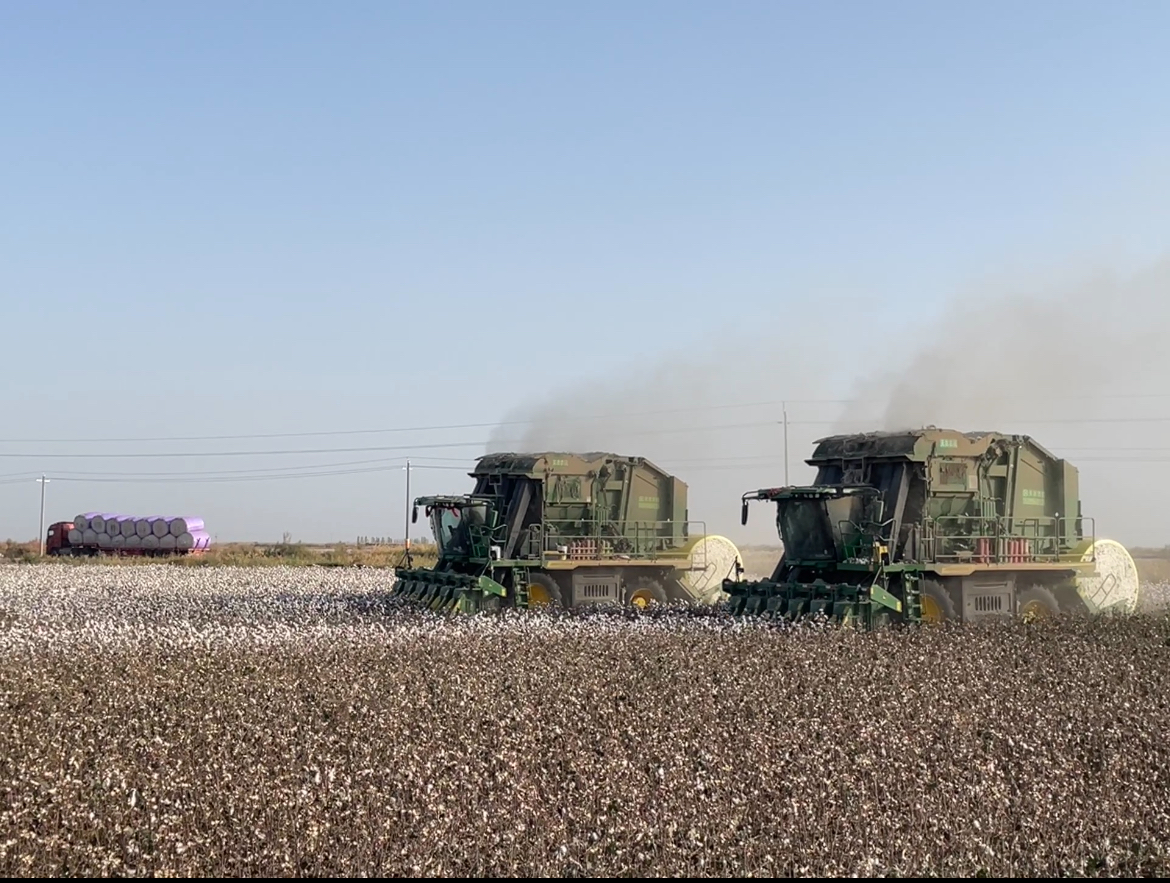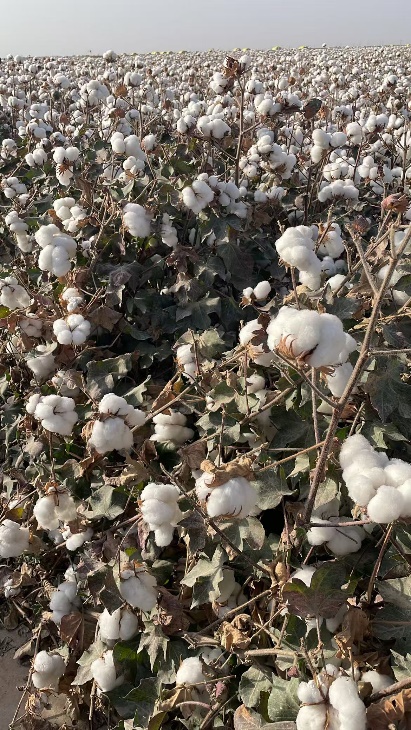Aksu, Xinjiang – A group of international students recently participated in a media conference and field visit to Aksu Prefecture, Xinjiang, organized by the China National Innovation and Development Strategy Research Association in collaboration with the Aksu Prefectural Government. The event brought together domestic and international media representatives, online influencers, and student delegations to document and share Xinjiang’s achievements in ecological restoration, agricultural modernization, and rural revitalization with a global audience.
During the visit, the delegations explored several key sites, including the Kekeya Memorial Hall, the Fengqigyuan Farmers’ Cooperative Apple Demonstration Orchard, Xindi No. 3 Cotton Farm and the Aksu E-Commerce Industrial Park. Through these visits, participants gained a deeper understanding of how Xinjiang’s people have transformed challenges into opportunities and built a thriving fruit industry that integrates traditional farming with modern technology and innovative business models.

At the Kekeya Memorial Hall, delegates learned about the region’s remarkable fight against desertification. Exhibitions detailed how local communities turned once-barren land into fertile green oases through decades of reforestation and ecological restoration. The story of Kekeya stood as a vivid example of how perseverance, scientific knowledge, and collective effort can reshape nature and bring sustainable
development to a region.

The delegations also visited the Fengqigyuan Farmers’ Cooperative Apple Demonstration Orchard, which showcases the success of cooperative farming supported by technological advancement. The cooperative model enables farmers to share resources, techniques, and market access, leading to improved fruit quality and higher income. Through the use of digital monitoring systems, smart irrigation, and modern pruning techniques, the orchard has become a model for sustainable and intelligent agriculture in Aksu.


The innovation extends beyond cultivation. The cooperative has pioneered value-added processing, transforming fresh apples into a diverse range of products. These include dried apple snacks, apple concentrate for juice, and premium distilled apple spirits. This strategic diversification provides consumers with variety and maximizes economic
returns for the local community.

Following the visit to the demonstration orchard, the delegations traveled to Xindi No. 3 Cotton Farm in Ruifeng Village, Liuyuan Town, to observe the mechanical harvesting of cotton, locally known as "Golden Eggs" (“金蛋蛋棉”).

Through an interview with the farm manager, the delegations learned that the cotton is sown in April. The climate in Aksu from April to September is a natural gift for cotton growth, characterized by abundant sunshine and ample heat. This unique weather pattern is the fundamental reason why Xinjiang cotton is renowned for its superior quality. By early September, the cotton plants are fully grown and robust, able to thrive despite the significant diurnal temperature variations.


To synchronize maturation and facilitate machine harvesting, the farm applies ripening agents (defoliants) in September. This process advances the harvesting window to early October and simultaneously improves the cotton's quality. The delegation was fortunate to witness the spectacular harvest operation in progress.
The delegations also gained insight into a sustainable, circular farming model. After harvesting, the remaining cotton stalks are mechanically crushed and returned to the soil as natural fertilizer. This practice enriches the land, reduces waste, and promotes a sustainable agricultural cycle.
This visit left a deep impression on the delegates, showcasing a fully mechanized and intelligent production process—from sowing and field management to harvesting and stalk recycling. This modern agricultural approach significantly reduces reliance on manual labor and stands as a powerful example of China's advancements in large-scale, sustainable, and efficient farming.



